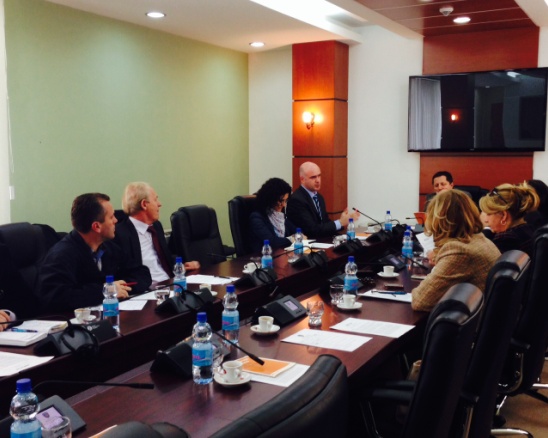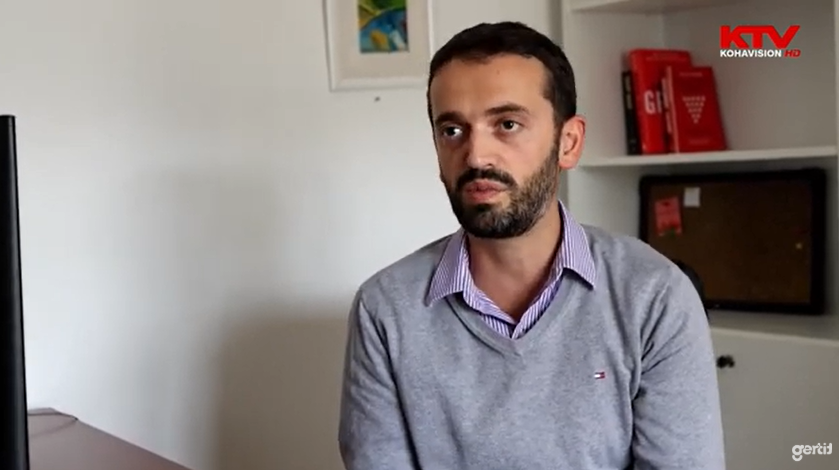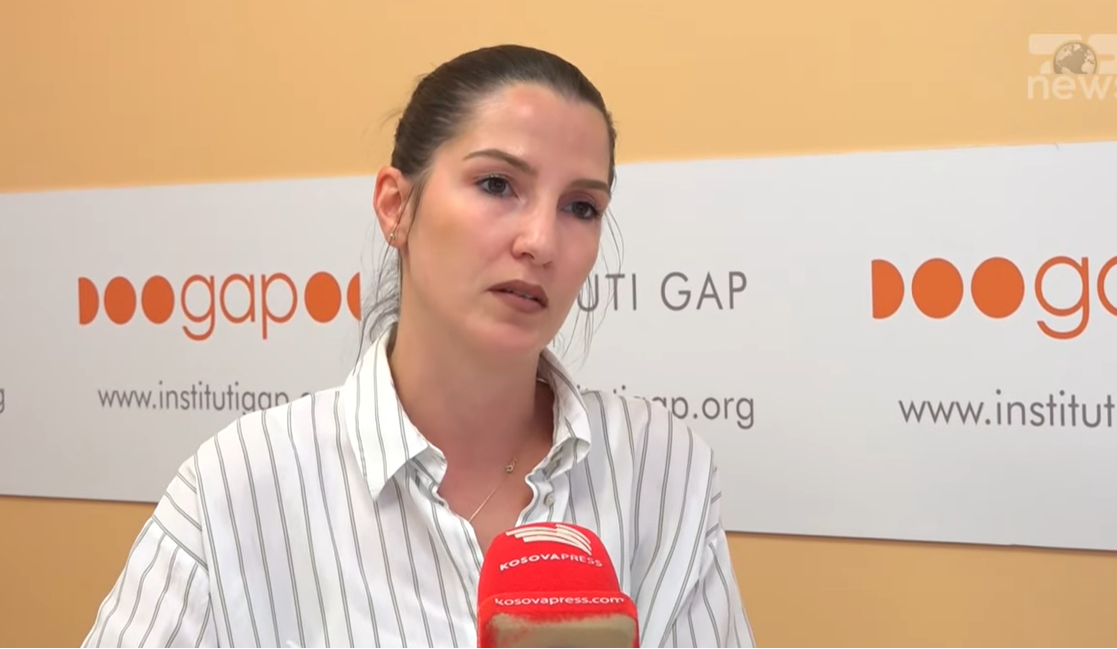GAP Institute presented in the public hearing about the work of central level inspectorates
26/03/2014
Invited by the Parliamentary Committee, GAP Institute presented in the public hearing about the work of central level inspectorates, their role in the law implementation oversight process, as well as on their organization and functioning
GAP Institute has recently published a report on the Inspectorates in Kosovo, their organization and functioning, which has been discussed in the form of a draft report in the conference held on the 4 of March 2014 with representatives of all inspectorates in Kosovo.
Presentation in the public hearing organized by the Parliamentary Committee on Economic Development, Infrastructure, Trade and Industry was focused on the conclusions of GAP analyses on inspectorates, recommendations for the Committee, and on inspectorates which fall under the Committee’s fields of work, such as: Trade inspectorate, Energy inspectorate, Infrastructure inspectorate and Mining Inspectorate. Present in this public hearing were representatives of the aforementioned inspectorates, who supported the GAP conclusions and recommendations for the Committee on Economic Development.
There are 20 inspectorates in the central level which are responsible to oversight the implementation of around 140 laws. Due to the lack of single legal act on their establishment, all inspectorates have different legal basis, where some of them are established by laws, some with administrative directions and some others with decisions. As a consequence, all inspectorates have different forms of organizations and functioning and there is no institutional and organizational hierarchy of them, where some of them function as Directorates, Executive Bodies, some as Divisions while some others as Offices.
In this case, GAP Institute mentioned two very important conclusions which received the support of the representatives of inspectorates: 1) the draft law on inspections submitted to the Assembly in the beginning of 2014 is unnecessary and will not produce and positive effect on the work of inspectorates, and 2) there exists a mix of competences and responsibilities between central and local level inspectorates, especially between trade and sanitary inspectorates.
This presentation as well as the whole work of GAP Institute about inspectorates was appreciated by the Committee on Economic Development. Based on the findings provided by GAP, the Committee will develop other activities about inspectorates, and especially toward those inspectorates which fall under the fields of the Committee on Economic Development, Infrastructure, Trade and Industry.
In this public hearing, GAP Institute presented the following recommendations for the Committee:
- The Committee on Economic Development, Infrastructure, Trade and Industry should request reports from the Ministry of Economic Development, Ministry of Infrastructure, and Ministry of Trade and Industry about the work and performance of inspectorates which are part of these Ministries;
- The Committee should invite in separate meetings the Directors of such Inspectorates in order to report about their work, difficulties and fulfillment of their duties and tasks pursuant to their mandates;
- The Committee should invite the political level (Ministers) in order to increase the pressure that Ministries should support more the inspectorates on their work toward law implementation process;
- The Committee should, based on these findings as well as the report of GAP on inspectorates, write a report with the findings and recommendations, which report should be discussed in the Assembly’s plenary session;
- The Committee on Economic Development should request from the Committee on Legislation to send back to the Government the draft law on Inspections as the draft law will not produce any positive effect on the work of inspectorates;
- The Committee should recommend the Assembly to ask from the Government to draft the law on Inspectorates as a single legal base for all inspectorates, as it was determined with the Government legislative program of 2013;
The complete report/analyses “Inspectorates in Kosovo: organization and functioning can be accessed by clicking here















